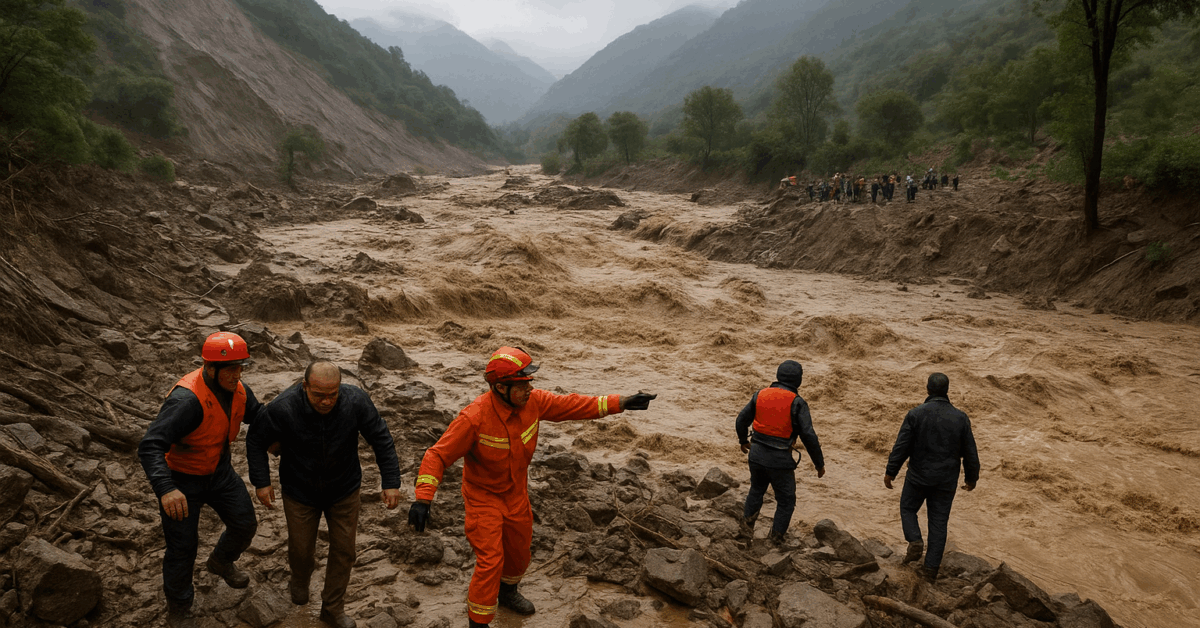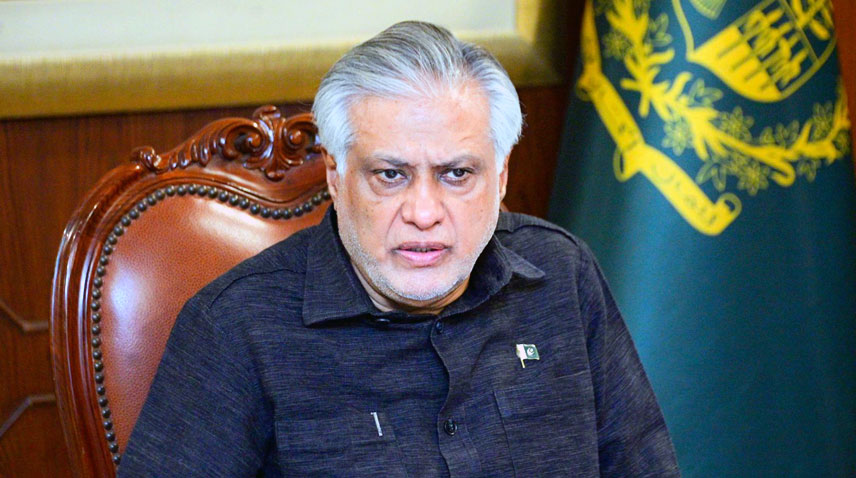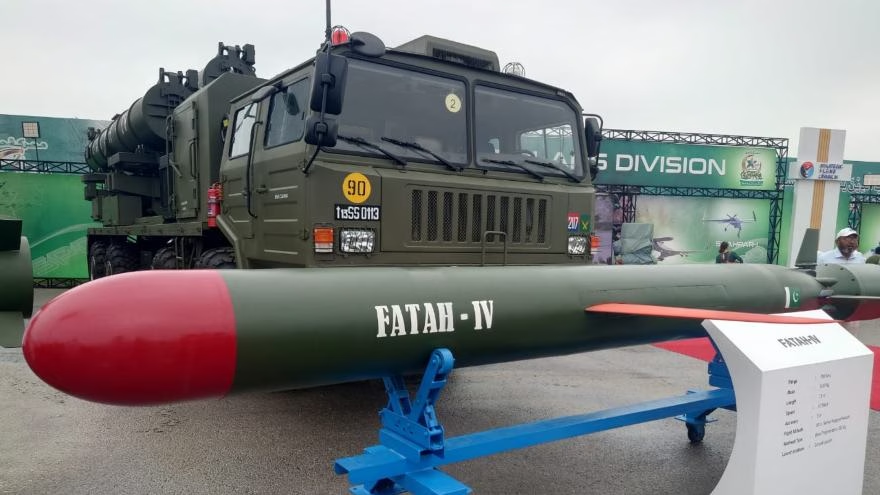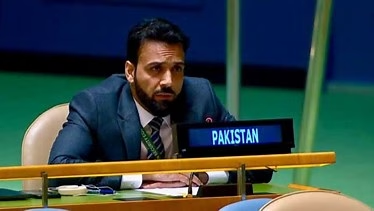Tehran — August 9, 2025
Iran has firmly opposed a planned transport corridor through Armenia, a key element of a United States–brokered peace agreement between Azerbaijan and Armenia. The project, praised by several regional governments as a step toward lasting stability in the South Caucasus, has instead drawn sharp criticism from Tehran.

Ali Akbar Velayati, senior adviser to Iran’s Supreme Leader, declared on Saturday that the initiative would be blocked “with or without Russia,” underscoring Iran’s determination to protect its borders and regional influence. While Iran maintains close ties with both Russia and Armenia, Velayati accused Washington of using the plan to advance strategic military interests in the Caucasus.
“President Trump sees the Caucasus as property to lease for 99 years,” Velayati told Tasnim News. “This passage will not be a gateway for foreign mercenaries — it will be their graveyard.”
The Trump Route Controversy
The peace deal, signed at the White House on August 8, 2025, by US President Donald Trump, Azerbaijan’s President Ilham Aliyev, and Armenia’s Prime Minister Nikol Pashinyan, includes the creation of the Trump Route for International Peace and Prosperity (TRIPP). This corridor would connect Azerbaijan to the Nakhchivan exclave via Armenian territory, operating under Armenian law but granting exclusive US development rights.
The proposed route runs near Iran’s northern border — a point of contention for Tehran, which views any foreign-controlled infrastructure in the area as a threat to national sovereignty. Iran’s Foreign Ministry issued a statement welcoming the Armenia–Azerbaijan peace accord in principle, but warned against “foreign interference” in projects close to Iranian territory.
Regional and Global Implications
Velayati further claimed the corridor would open the door for NATO to position itself “like a viper” between Iran and Russia, potentially altering the strategic balance in the region.
Turkey, meanwhile, has expressed support for the corridor. During a visit to Egypt, Turkish Foreign Minister Hakan Fidan described it as a link “connecting Europe to the depths of Asia via Türkiye,” calling it a significant boost for trade and energy exports. Ankara, a NATO member and long-time ally of Baku, has pledged to normalise ties with Yerevan once a final peace agreement is in place.
Background to the Peace Deal
Armenia and Azerbaijan have fought multiple wars since the late 1980s over the Nagorno-Karabakh region. The latest developments follow Armenia’s return of several villages to Azerbaijan last year, a move hailed by Baku as a “historic event.”
Ahmad Shahidov of the Azerbaijan Institute for Democracy and Human Rights told Al Jazeera he expects a final peace declaration in the coming weeks, noting that no unresolved territorial disputes remain. Turkish President Recep Tayyip Erdogan has also spoken with Aliyev, pledging Ankara’s support in securing long-term stability in the South Caucasus.
If implemented, the Trump Route could reshape trade, security, and political alliances across Eurasia — but Iran’s staunch opposition signals that the road to lasting peace remains fraught with geopolitical tensions.










